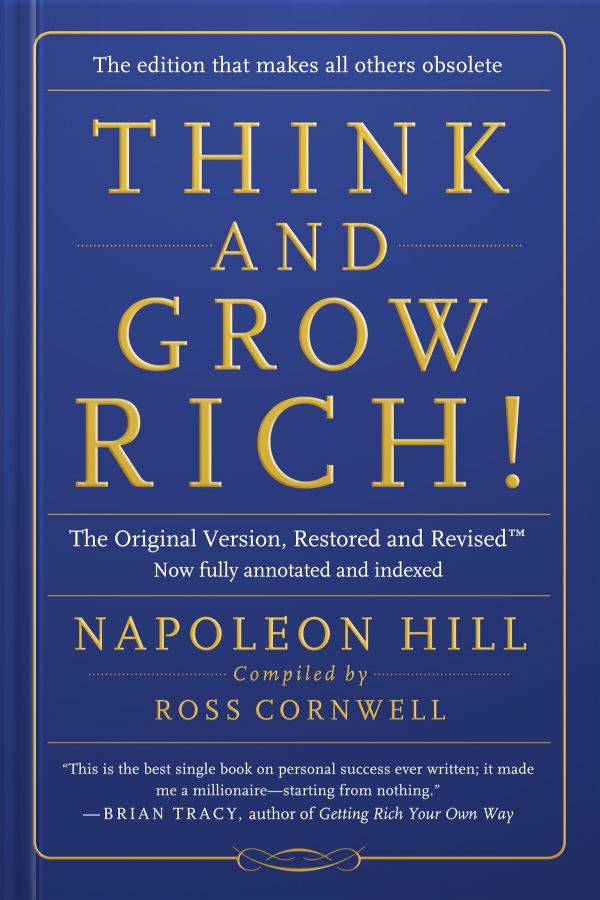
Productivity
The Power of Habit by Charles Duhigg
1. Habits Can Be Changed
Understanding the individual components of a habit can reveal that they aren't immutable but can be altered.
As Duhigg states
"Once you understand that habits can change, you have the freedom and the responsibility to remake them."
2. Habits As Helpful Shortcuts
Habits function as mental shortcuts, making daily life manageable.
By consciously creating beneficial habits such as daily exercise, healthy eating, sufficient sleep, and reading, we can shape these shortcuts to lead to a more fulfilling life.
3. Understanding the Habit Loop
All habits begin with a trigger, which leads to the practice (or routine), culminating in a reward.
Comprehending this cycle is the first step to breaking unhelpful habits and forming beneficial ones.
4. Changing Old Habits
Duhigg highlights the key to habit change: use old triggers, replace the habit, and maintain the reward.
This process enables the formation of new, beneficial routines while still achieving the gratification that reinforces the habit.
5. Believing in Change
The belief in the possibility of change is fundamental to altering habits.
Duhigg explains
"Without habit loops, our brains would shut down, overwhelmed by the minutiae of daily life. People whose brains are damaged in the basal ganglia [...] often become mentally paralyzed. They have trouble performing basic activities, such as opening a door or deciding what to eat."
6. Utilize the Power of Community
By joining communities that embody the habits we aspire to, we can facilitate change more effectively.
Sports teams, gyms, and volunteer groups can provide supportive environments for cultivating new habits.
7. The Impact of Keystone Habits
Keystone habits like regular exercise, reading, meditation, healthy eating, and sufficient sleep can spark positive change.
These cornerstone habits form a platform for other good practices to develop.
8. Managing Limited Willpower
Our willpower has daily limits; the more we use it, the less we have.
Duhigg suggests forming new habits earlier when willpower reserves are highest.
This approach maximizes the effectiveness of our efforts to change.
9. Promoting Good Habits at Work
Inspiring colleagues and employees to adopt good habits can improve a workplace's overall culture and productivity.
Duhigg emphasizes:
"There's nothing you can't do if you get the habits right."
10. Awareness Facilitates Habit Change
Recognizing a habit is the first step toward changing it.
We can progressively transform our lives by redirecting the energy invested in a harmful habit toward a beneficial one.
As Duhigg reminds us:
"Habits are not destiny. We can choose our habits, once we know how."

































